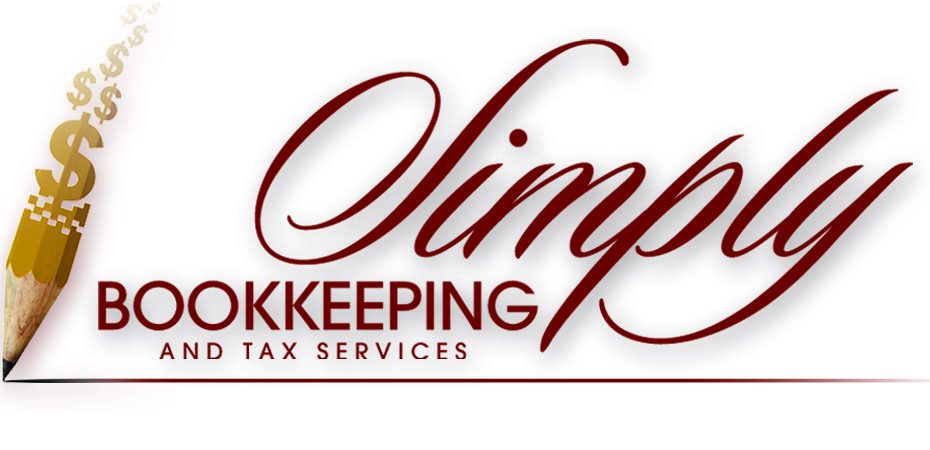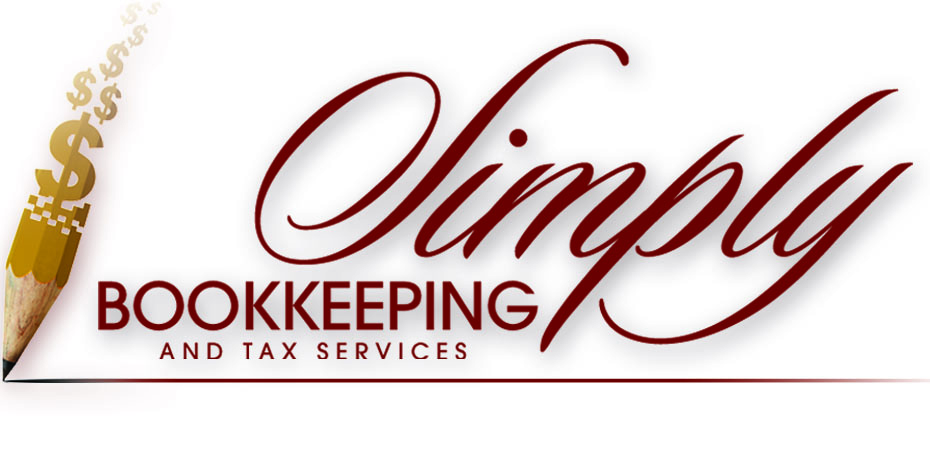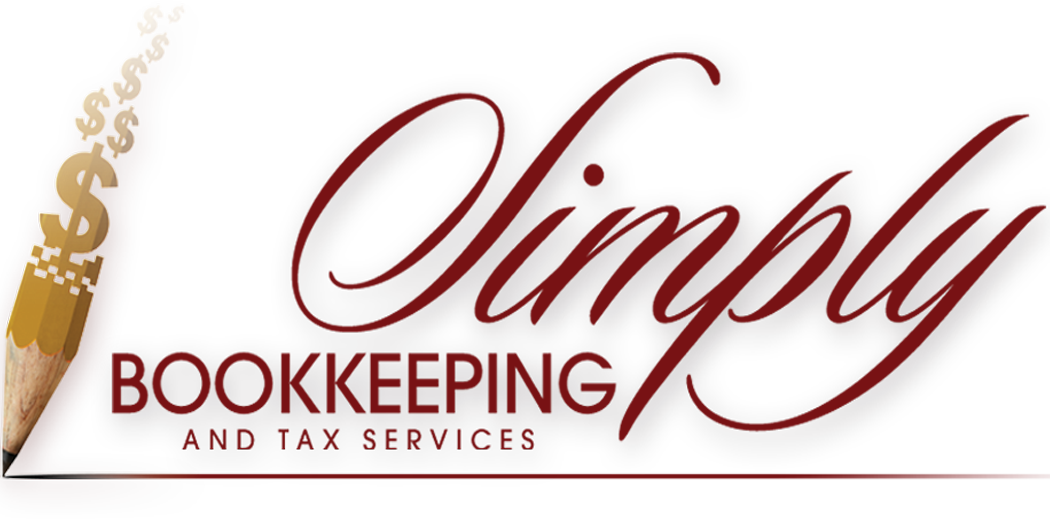What are the benefits of having business credit?
Having business credit can provide numerous benefits for small businesses. Here are some of the key advantages:
1. Separate personal and business finances: Establishing business credit allows you to separate your personal and business finances. This separation is crucial for legal and tax purposes, as it helps maintain the integrity of your business entity.
2. Access to financing: With business credit, you can borrow funds to meet your business’s financial needs. Whether you need to invest in equipment, expand operations, or cover unexpected expenses, having access to financing can be a game-changer. It provides the necessary capital to fuel growth and seize opportunities.
3. Improved cash flow management: Business credit can help you manage your cash flow better. Having access to credit can bridge gaps in your cash flow cycle, ensuring you can cover expenses and pay suppliers on time. This can help avoid disruptions in your operations and maintain positive relationships with vendors.
4. Building a solid business reputation: Building and maintaining good business credit demonstrates your company’s financial stability and responsible financial management. It showcases your ability to meet your financial obligations and pay your debts on time. This can enhance your business’s reputation, making it more attractive to lenders, suppliers, and customers.
5. Qualify for better terms and rates: You can qualify for better financing terms and rates with a solid business credit profile. Lenders and suppliers are more likely to offer you favorable terms, such as lower interest rates, more extended repayment periods,
How do I establish business credit?
Establishing business credit is crucial for the growth and success of your small business. It helps you separate your personal and business finances and opens up opportunities for obtaining loans, securing better interest rates, and building a solid reputation in the business world. If you’re wondering how to establish business credit, here are some essential steps to get you started:
1. Register your business: Before building business credit, ensure your business is correctly registered with the appropriate government authorities. This includes obtaining a federal tax identification number (EIN) and registering your business with Dun & Bradstreet, a leading credit reporting agency.
2. Open a business bank account: Separate your personal and business finances by opening a dedicated business bank account. This will help you track your business expenses effectively and show lenders that you are serious about your business’s financial management.
3. Obtain a business credit card: Apply for a business credit card in your company’s name. Use it responsibly and make regular payments to build a positive credit history. Make sure to choose a card that reports to business credit bureaus, which will help establish your business’s creditworthiness.
4. Establish trade credit: Start building relationships with vendors and suppliers willing to extend credit to your business. Ensure they report your payment history to credit bureaus, which will help demonstrate your ability to manage credit responsibly.
5. Monitor your credit report: Regularly review your business credit report to identify any
How often should I check my business credit score?
Regularly checking your business credit score is an essential practice for any small business owner. Just like you would monitor your credit score, keeping an eye on your business credit score can provide valuable insights into your company’s financial health.
So, how often should you check your business credit score? Ideally, it would help if you aimed to review your credit score at least once every quarter. This frequency lets you stay informed about any changes, identify potential issues, and take proactive measures to maintain or improve your creditworthiness.
Here are a few reasons why checking your business credit score regularly is essential:
1. Early detection of errors: Mistakes happen, even in credit reporting. Reviewing your business credit score regularly lets you quickly identify any errors or inaccuracies that may apply to the following:
– What are some specific steps for building trade credit?
– How long does it typically take to establish a solid business credit profile?
– What are some potential consequences of not monitoring your business credit score regularly?
– Negatively impact your creditworthiness. Correcting these errors promptly can help you avoid financial repercussions and maintain a strong credit profile.
2. Monitoring for fraudulent activity: Business credit fraud is a real threat that can wreak havoc on your company’s financial stability. Regularly checking your credit score lets you detect any suspicious activity or unauthorized inquiries that could indicate potential fraud. Taking immediate action in such cases can help protect your business from further harm and prevent long-term financial damage.
3. Building a solid credit history: Your business credit score reflects your ability to borrow and repay debts. Regularly monitoring your score can gauge how your financial decisions and actions impact your creditworthiness. This awareness empowers you
What factors affect my business’ creditworthiness?
Your business’ creditworthiness is crucial in determining your ability to borrow money and access various financial resources. Lenders, suppliers, and potential business partners use your creditworthiness to assess the risk of doing business with you. Understanding the factors that affect your business’ creditworthiness can help you take the necessary steps to improve it. Here are some key factors that can impact your business’ creditworthiness:
1. Payment History: Your payment history is one of the most significant factors affecting your business’s creditworthiness. Lenders and creditors want to see that you consistently pay your bills and debts on time. Late payments, defaults, or collections can significantly harm your creditworthiness.
2. Credit Utilization: Credit utilization refers to the percentage of your available credit that you are currently using. Ideally, it would help if you aimed to keep your credit utilization below 30%. High credit utilization indicates that you may be relying too heavily on credit, which can be seen as a risk by lenders.
3. Length of Credit History: Your business’s credit history is another important factor in assessing creditworthiness. A more extended credit history demonstrates stability and a track record of managing credit responsibly. Building a positive credit history over time is essential if your business is relatively new.
What factors affect my business’ creditworthiness?
Your business’ creditworthiness is crucial in determining your ability to borrow money and obtain credit. Lenders and creditors use your creditworthiness to indicate your business’s financial stability and ability to repay debts. While several factors can impact your business’ creditworthiness, here are the key ones to consider:
1. Business credit history: Like individuals with personal credit scores, businesses have their credit history. This includes information on your business’ payment history, outstanding debts, and any defaults or late payments. A strong credit history with timely payments and low debt levels will positively impact your creditworthiness.
2. Financial statements:
Lenders often look at your business’s financial information, such as income statements and balance sheets, to assess your financial health. They will evaluate your revenue, expenses, profitability, and cash flow to determine if your business is financially stable and capable of repaying debts.
Lenders often look at your business’s financial information, such as income statements and balance sheets, to assess your financial health. They will evaluate your revenue, expenses, profitability, and cash flow to determine if your business is financially stable and capable of repaying debts.
3. Business age and industry: The age of your business and the industry you operate in can also affect your creditworthiness. Established companies with a proven track record and solid industry reputation are generally seen as less risky, making it easier for them to obtain credit. On the other hand, new businesses or those in high-risk industries may face more challenges accessing credit.
4. Credit utilization ratio: This is the ratio of your business’ outstanding debt to its available credit. Lenders prefer to see a low credit utilization ratio, as it indicates that your business is not overextending itself and is managing its credit responsibly. A high credit utilization ratio can be a red flag for lenders, as it suggests that your business may be relying too heavily on credit and may have difficulty repaying debts.
5. Public records: Public records such as bankruptcies, liens, and judgments can significantly impact your business’s creditworthiness. These negative marks on your credit history can signal financial instability and make lenders hesitant to lend to your business. It’s essential to address any public records and work towards resolving them to improve your creditworthiness.
6. Personal credit history: In some cases, lenders may also consider your credit history when assessing your business’s creditworthiness. This is particularly true for small businesses with sole proprietorships or partnerships, where the business owner’s personal and business finances may be closely intertwined. A solid personal credit history can boost your business’ creditworthiness, while a poor credit history can negatively impact you.
Understanding these factors affecting your business’s creditworthiness is essential for small businesses seeking credit. By maintaining a solid credit history, managing your finances responsibly, and addressing any negative marks on your credit report, you can increase your chances of securing the credit you need to grow and thrive.
In addition to these factors, it’s also important to regularly monitor your business’ credit score and report. This will allow you to stay informed about your creditworthiness and take steps to improve it if necessary. There
How do I dispute a negative mark on my business credit report?
As a small business owner, maintaining a favorable credit profile is crucial for the success and growth of your company. However, there may be instances where a negative mark appears on your business credit report, which can tarnish your reputation and hinder your ability to borrow. The good news is that you have the power to dispute these negative marks and take control of your creditworthiness. In this blog post, we will guide you through the steps to counter a negative influence on your business credit report, empowering you to protect your financial future.
Step 1: Review your business credit report
Before disputing a negative mark, reviewing your business credit report is vital. Obtain a copy of your account from one of the major credit bureaus, such as Dun & Bradstreet, Experian, or Equifax, and carefully scrutinize the information presented. Look for inaccuracies, discrepancies, or unidentified negative marks that you believe are unfair or incorrect.
Step 2: Gather supporting documentation
To successfully dispute a negative mark, you must gather supporting documentation proving the error or inaccuracy. This may include receipts, invoices, contracts, or any other relevant paperwork that demonstrates the incorrectness of the negative mark. It is crucial to be organized and thorough during this process to strengthen your dispute.
Step 3: Write a formal dispute letter
Once you have identified the negative mark and collected your supporting documentation, the next step is to compose a formal dispute letter. Address the letter to the credit.
How many personal credit inquiries will hurt my business credit?
When building and maintaining a solid business credit profile, it’s essential to understand the impact of personal credit inquiries. While confidential credit inquiries can slightly affect your business credit, the number of inquiries that can hurt your business credit is subjective and depends on various factors.
It’s crucial to differentiate between personal credit inquiries and business credit inquiries. Personal credit inquiries occur when you apply for personal loans, credit cards, or other forms of personal credit. On the other hand, business credit inquiries are made when you apply for business loans, credit cards or establish trade credit with suppliers.
While personal and business credit is separate, there is some interconnection. In some cases, lenders may consider your personal credit history when evaluating your business creditworthiness, mainly if your business is new or lacks an established credit history. Personal credit inquiries can indirectly impact your business credit profile.
However, the key factor to consider is the number of inquiries. A few personal credit inquiries should not significantly impact your business credit. Lenders understand that individuals may need to seek personal credit for various reasons unrelated to their business, such as purchasing a home or a car.
That being said, excessive personal credit inquiries can raise red flags for lenders. If you have a large number of recent inquiries, it may indicate financial instability or a high reliance on personal credit, which can negatively impact your business creditworthiness. Lenders may perceive this as a higher risk, making it more difficult for you to obtain business credit.
Unfortunately, there is no specific threshold for the number of personal credit inquiries that can harm your business credit. It varies depending on the lender and their specific criteria for evaluating creditworthiness. Some lenders may be more lenient, while others may be more stringent.
To mitigate the potential negative impact of personal credit inquiries on your business credit, it’s essential to be strategic and mindful of your borrowing habits.
Here are a few tips to consider:
Here are a few tips to consider:
1. Limit unnecessary personal credit inquiries: Only apply for personal credit when necessary. Avoid applying for multiple personal loans or credit cards within a short period.
2. Maintain a healthy credit utilization ratio: Your credit utilization ratio is the amount of credit you use compared to the total credit available. Keeping this ratio low demonstrates responsible credit management and can positively impact your creditworthiness.
3. Build a strong business credit profile: Establishing a separate business credit profile is crucial. Make timely payments on business loans and credit cards, and maintain a positive credit history. This will help lenders focus on your business creditworthiness rather than your personal credit inquiries.
4. Seek professional assistance: Consider working with a reputable bookkeeping and tax preparation service. These professionals can help you maintain accurate financial records and ensure your business is in good financial standing, increasing your chances of obtaining business credit.
Ultimately, the ability to borrow and obtain business credit depends on various factors, including your business’s financial health, credit history, and creditworthiness. By being strategic and mindful of your borrowing habits, maintaining a healthy credit utilization ratio, building a solid business credit profile, and seeking professional assistance, you can increase your chances of obtaining business credit.
Access to business credit can be crucial for small businesses needing bookkeeping and tax preparation services, as well as those looking to increase their revenue. Business credit can provide the necessary funds to invest in equipment, inventory, marketing, and other expenses.
However, obtaining business credit can be challenging, significantly, if your personal credit inquiries raise red flags for lenders. Lenders may view a large number of personal credit inquiries as a sign of financial instability or a heavy reliance on personal credit, which can negatively impact your business creditworthiness. This perceived higher risk can make it more difficult for you to obtain business credit.
To mitigate the potential negative impact of personal credit inquiries on your business credit, it’s important to limit unnecessary personal credit inquiries. Only apply for personal credit when necessary, and avoid applying for multiple personal loans or credit cards within a short period. This shows responsible credit management and can positively impact your creditworthiness.
Additionally, maintaining a healthy credit utilization ratio is essential. Your credit utilization ratio is the amount of credit you use compared to the total credit available. Keeping this ratio low demonstrates responsible credit management and can positively impact your creditworthiness.
Building a solid business credit profile is also crucial. Establishing a separate business credit profile can help demonstrate your business’s creditworthiness and financial health. It is essential to build a strong business credit profile by opening a business bank account and obtaining a business credit card. Use these accounts responsibly and make timely payments to help establish a positive credit history for your business.
Seeking professional assistance can also be beneficial when obtaining business credit. A professional bookkeeper or accountant can help you organize your financial records and ensure your business’s financial health is in good standing. They can provide valuable advice and guidance on improving your creditworthiness and increasing your chances of obtaining business credit.
In conclusion, obtaining business credit is essential for small businesses needing bookkeeping and tax preparation services and those looking to increase their revenue. By being strategic and mindful of your borrowing habits, maintaining a healthy credit utilization ratio, building a solid business credit profile, and seeking professional assistance, you can increase your chances of obtaining business credit. Take the necessary steps today to secure your business’s financial resources to thrive.


